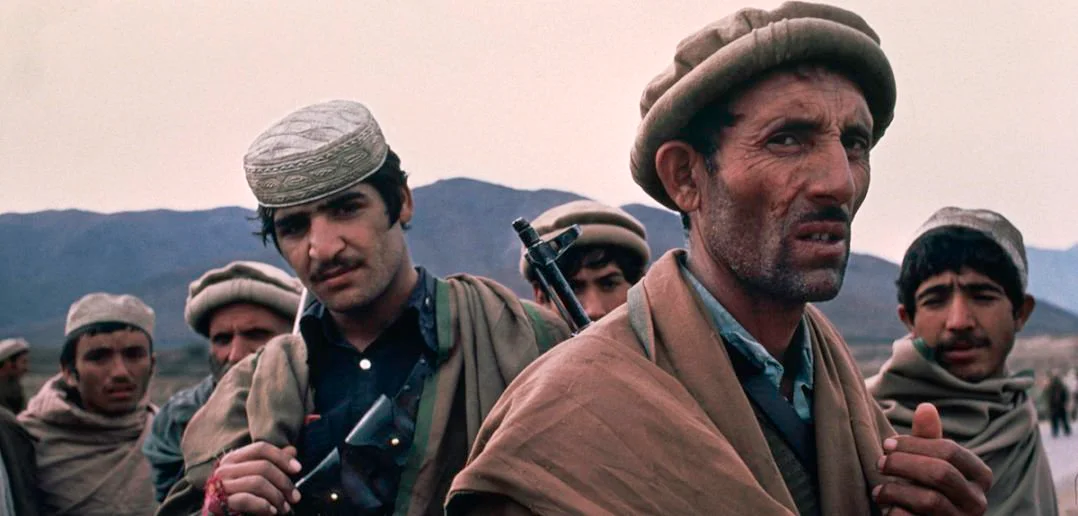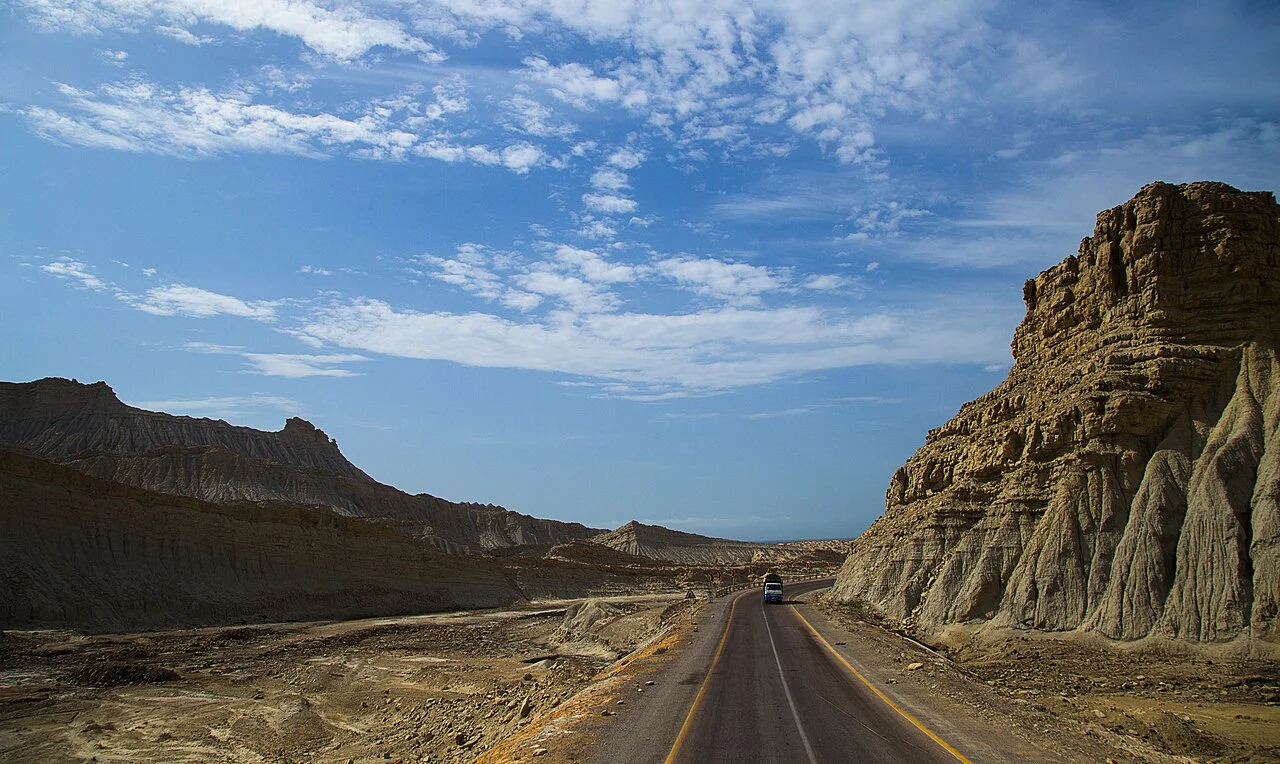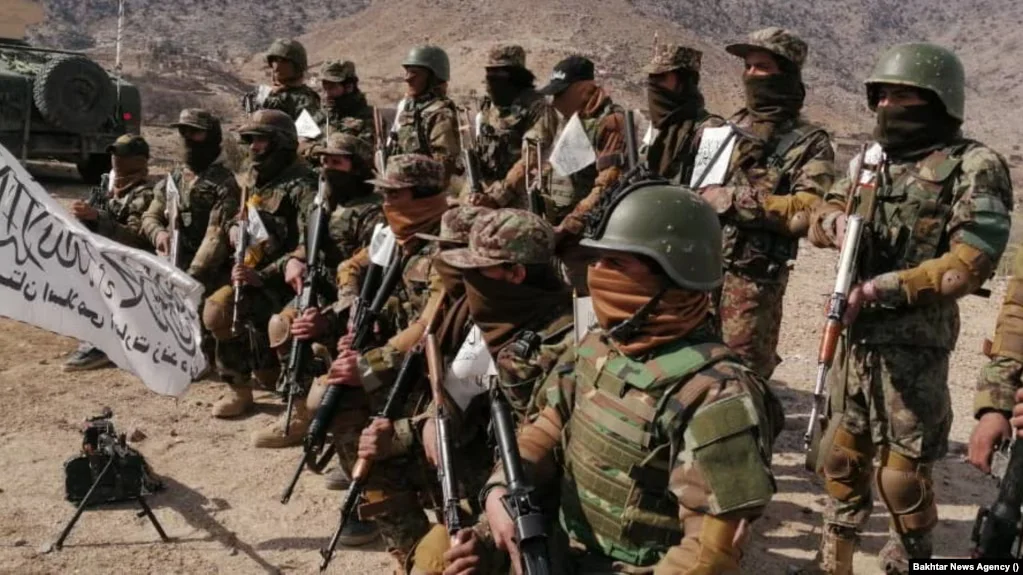Pakistan has encouraged the Taliban to stay involved in the Afghan peace process. This was after the announcement that they will boycott all Afghan summits before all foreign powers have left. The decision was made after the US announced last week that it would withdraw all troops by September 11 this year. The new deadline is a few months longer than the previous administration\’s which was May 1.
Pakistan to Convince Taliban
“They make their own decisions but we will do whatever we can to convince them that it is in their national interest to remain engaged,” Pakistani Foreign Minister Shah Mahmood Qureshi said of the Taliban in an interview in Abu Dhabi.
“The troops will be out and a date has been given and the process starts on the 1st of May and goes on until the 11th of September so there is a definite time frame,” Qureshi said. According to Reuters, Pakistan is pressuring the party to return to the negotiating table. Qureshi said he thought the Taliban would benefit from remaining in the war, but he had no contact with them.
Pakistan has significant clout with the Taliban. Pakistan has facilitated US-Taliban talks in Doha that culminated in the initial May 1 withdrawal agreement. According to US and Afghan officials, the organization has sanctuaries in Pakistan. According to them, they are supported by the country\’s largest military-run intelligence service. The accusation is denied by Pakistan.
The Dangers of Peace Talk Stalling
The rejection has thrown the peace process into disarray. On Saturday, in Turkey, the Taliban and Afghans had scheduled a meeting. The negotiators hoped it would generate fresh impetus for a diplomatic settlement.
The Taliban ruled Afghanistan from 1996 to 2001. After 2001, the US military forces took over the region. However, they still have control over large areas of the country. According to Qureshi, withdrawal delays are still a risk due to logistics. Although the Taliban have effectively succeeded in their goal of withdrawing foreign forces, they could be flexible with the new September 11 deadline.
If the peace process remains stalled, Qureshi fears that violence will escalate. Inevitably, plunging Afghanistan into civil war and leading to a mass exodus of Afghans.
Pakistan, which is home to nearly 3 million Afghan refugees and economic migrants, has completed 90 per cent of a fence along its disputed 2,500-kilometer (1,500-mile) border with Afghanistan, which he hopes to finish by September.
Pakistan-India Ties
Moreover, Qureshi stated that India should restore the statehood of Indian-administered Kashmir. It will possibly only after this that the two countries will engage in a dialogue.
“We are two atomic powers that should not go into a direct conflict. It would be suicidal,” Qureshi said.
He added, however, that he had no plans to speak with his Indian counterpart, who is also in the UAE this week.
Sources told Reuters last week that top intelligence officers from India and Pakistan met in secret in Dubai in January in a new attempt to defuse military tensions over the contested Himalayan territory of Kashmir.





